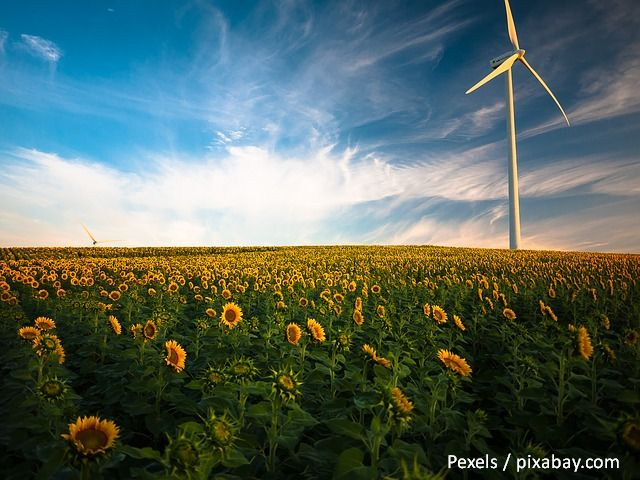The challenges of renewable energy
Romania has a huge potential in the field of renewable energy, investors say.

Leyla Cheamil, 18.05.2022, 13:50
The European Union can replace imports of fossil fuels from Russia with renewable energy sources, and Romania and south-eastern Europe have a huge potential in this respect, renewable energy investors say. On Tuesday they attended, in Bucharest, the RESinvest conference, the largest conference of the renewable energy industry in Romania and South-Eastern Europe. The main theme of the event was the development of the production chain of components, equipment, software and associated services for windfarms and photovoltaic parks, a huge opportunity to create a new branch in the Romanian economy. The production of wind turbines and photovoltaic panels can take place in the community states.
In Romania, the production of components has already begun. Components of wind turbines are already being produced in Brasov, and transformers for wind energy at Electroputere Craiova. Renewable energy investors say this type of energy could lead to lower prices at national and regional level. Investors also say that the development of these sectors will also boost the supply sector, which will lead to the creation of new jobs in constructions, in equipment operation and production. At the conference organized in Bucharest, investors asked for stability and legislative predictability, in order to be able to carry out long-term investments. The Romanian authorities, in their turn, say that there is funding for projects and guarantee legislative stability.
Prime Minister Nicolae Ciuca: The Romanian Government has initiated economic strategies gauged to the current needs of the energy market. We have allocated funds to stimulate investment in renewable energy, using all available levers and financial mechanisms, such as the National Recovery and Resilience Plan – PNRR and the Modernization Fund. Under the PNRR, we have recently launched state aid guidelines and schemes to stimulate investment in the industrial chain of production, assembly and recycling of batteries, cells and photovoltaic panels. Another financing scheme, which will increase the country’s energy security, is the Modernisation Fund. With the help of these funds, approximately 3,000 MW will be put into operation. The first projects financed through this mechanism have already received funds and are being carried out.
The president of the European Parliament’s Committee on Energy, Cristian Buşoi, says that measures to simplify bureaucracy are currently being discussed at community level as well, and will be binding on all states. He said that a European Commission initiative, which comes as a measure strongly demanded by the market, will shorten the time for obtaining approvals for the installation of renewable units. Cristian Buşoi said that there are also proposed deadlines: the approval period should not exceed six months for projects to modernize or increase capacities or one year for new units. (LS)






























